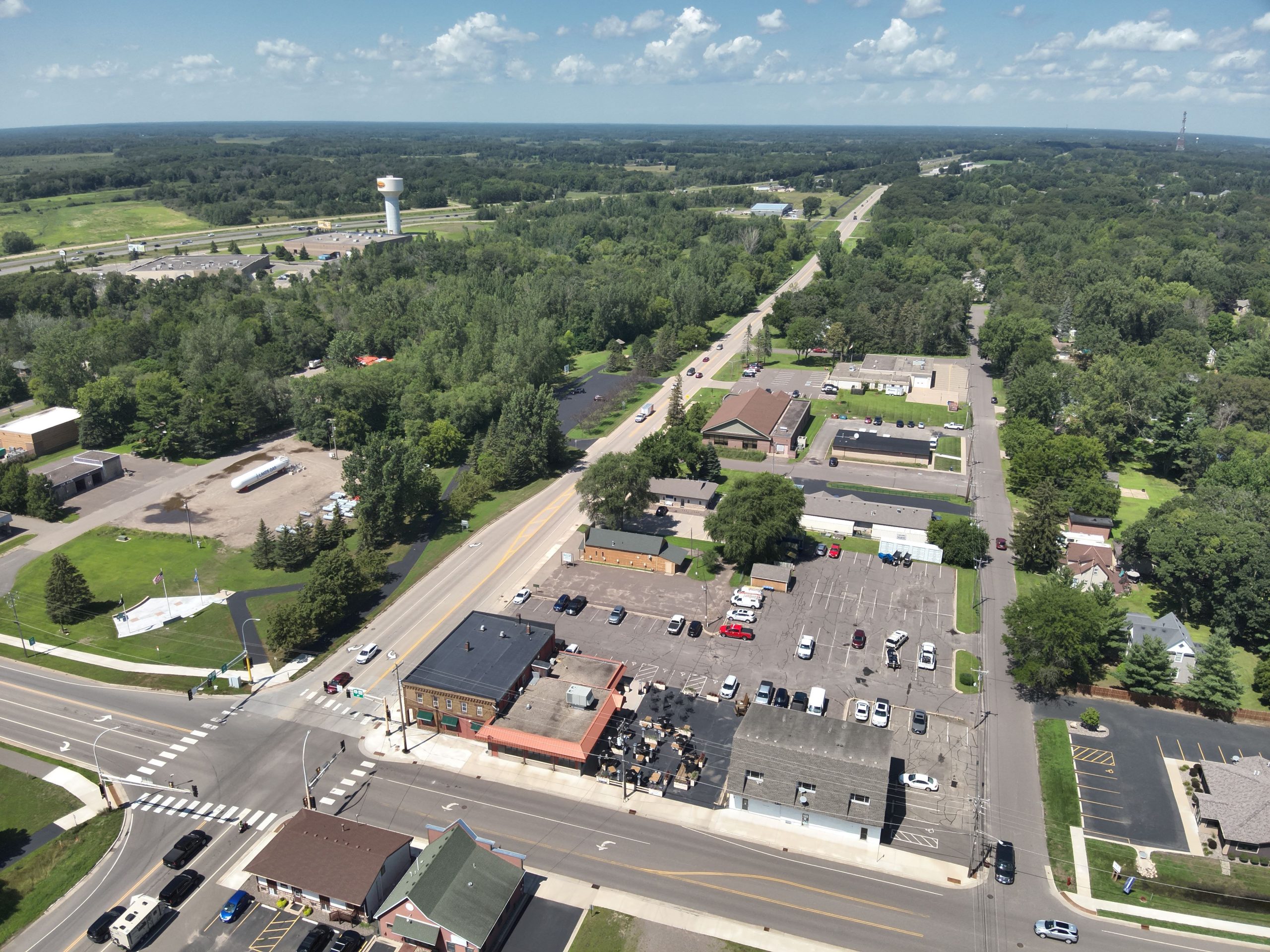Bedford, MA
With current, defensible data across all 72 miles, Bedford shifted from reacting to complaints to executing a proactive, citywide plan. Delivery in weeks—not months—shortened the time between data collection and project implementation, so residents saw improvements sooner.

Bedford, MA Infrastructure Assessment
Summary
- 72 roadway miles scanned with LiDAR and analyzed into actionable pavement condition data
- AI-driven plans delivered by October 25, 2023, accelerating repairs and making streets safer for residents
- Clear, defensible priorities that improved public communication and ensured efficient use of taxpayer dollars
Problem
Before this project, Bedford was working from outdated and inconsistent pavement data, making it hard to know which roads to fix and when. Without clear, current information, budgets were difficult to defend and staff were often pulled into reactive responses to complaints. Manual assessments were slow and risky on busy corridors, and by the time reports were assembled the information had already aged.
Solution
Bedford selected Cyvl’s rapid, vehicle-based LiDAR and sensor survey to capture the full 72 miles of roadway and produce detailed, actionable pavement condition data. Cyvl’s Infrastructure Intelligence platform used AI to convert high-resolution scans into network-level condition scores, prioritized repair lists, and easy-to-share reports that support faster, better decisions. Delivered by October 25, 2023, the results gave Bedford a complete, defensible plan that leaders could use to schedule work, align budgets, and communicate clearly with residents.
Impact
The results were immediate. With current, defensible data across all 72 miles, Bedford shifted from reacting to complaints to executing a proactive, citywide plan. Delivery in weeks—not months—shortened the time between data collection and project implementation, so residents saw improvements sooner.
- 72 roadway miles objectively scored, enabling faster project starts and quicker pothole repairs
- Data delivered by October 25, 2023, compressed planning timelines so residents see work begin sooner
- Clear, map-based reports reduced 311 complaints and helped explain “why this street now” at town meetings
- Budget requests backed by defensible data, increasing confidence in how taxpayer dollars are allocated
- Work scheduling and contractor coordination streamlined, cutting downtime between survey, design, and paving
- Public works spends less time in the field and more time completing repairs, improving service levels across neighborhoods




-%20logo%20(unpadded).png.png)